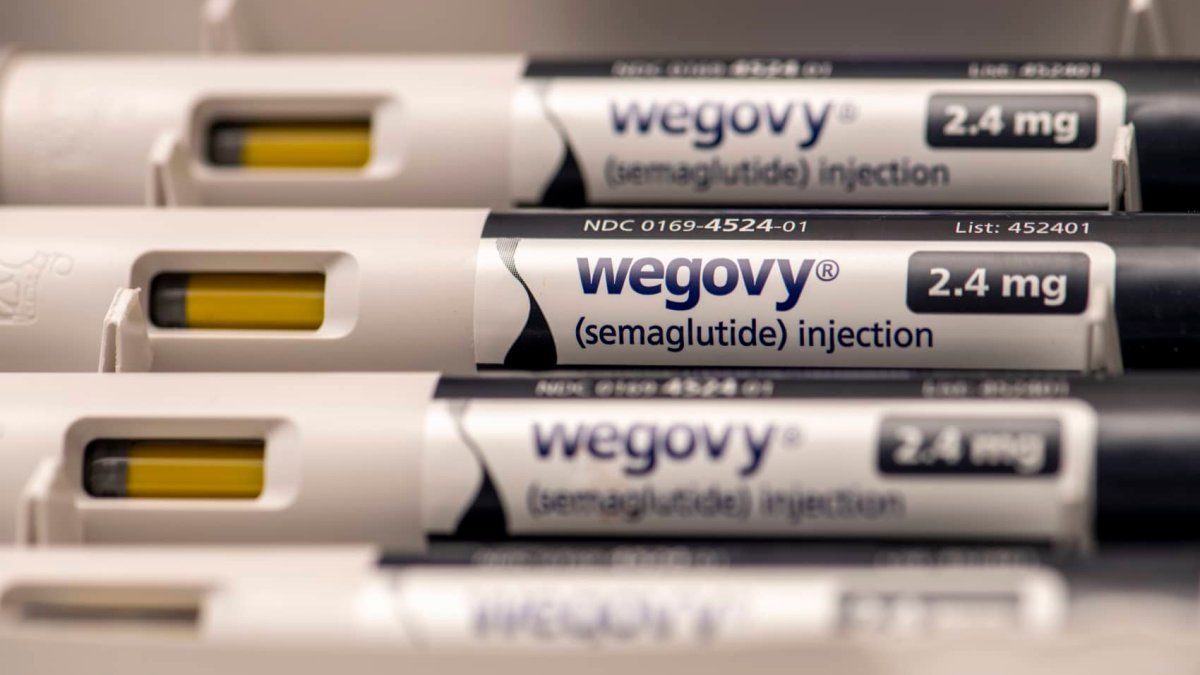
Consumers are the only ones struggling to pay the rising prices of popular GLP-1 drugs, as states like Connecticut see skyrocketing costs.
After spending a combined $103 million in fiscal year 2024, the state is estimated to dole out $150 million through Medicaid and another $60 million for state employee insurance plans for the drug.
So the state is pursuing a dramatic solution – developing a generic alternative.
“We’re looking for options,” Sen. Matt Lesser (D-Middletown) said. “We’re looking for affordability. We’re trying to see what we can do.”
Lesser, co-chair of the legislature’s Human Services Committee, championed the idea, which was included in legislation that otherwise adopted recommendations from a bipartisan task force looking at prescription drug prices.
The law instructs the state Department of Social Services to request approval from Health and Human Services Secretary Robert F. Kennedy, Jr. The agency said it’s currently drafting that letter.
“I know that he is open to a lot of out-of-the-box ideas and my hope is that this is one that would see continued bipartisan support,” Lesser said.
The plea hinges on a federal law that weakens patent protections in emergency situations.
Those patents usually give manufacturers 20 years of exclusivity after a patent for a new drug, which is a protection they said allows them to recover the cost of research and development.
“Using it this way would misconstrue the law, weaken vital patent protections, and disincentivize future investment in life-saving medical innovation,” PrRMA spokesman Stami Williams said about Connecticut’s request.
HHS has declared emergency shortages in the past, but those are usually for a short period and based on certain circumstances.
It temporarily declared a shortage of GLP-1 drugs earlier this year, allowing pharmacies to create compound alternatives.
University of Connecticut pharmacy Professor C. Michael White said it’s easier for pharmacies to create compounds than for manufacturers to bring a new drug to market.
Manufacturers have stricter approval standards, so they likely want to know they have more time to recover their costs.
White is skeptical that a manufacturer would partner with Connecticut without assurances that it could make enough revenue.
“I think they would need to make a determination that they would be able to make sure they make this drug and that the time horizon that they’d be able to make it over would at least be several years,” he said.
Connecticut would be the first state to get approval, but Lesser said he borrowed the idea from Louisiana.
Officials there used a similar approach to negotiate a cost-saving agreement in 2019 after budget problems because of treatments for Hepatitis C.
Lesser said he’s open to any outcome – a negotiation or the state pursuing a partner to develop a generic alternative – that lowers costs.
Gov. Ned Lamont (D-Connecticut) who signed the bill into law, said he’s been trying to get neighboring states to go along with the idea.
“If we can manufacture here in the state – I’m working with New York and Massachusetts to see what we can do on a regional basis – makes a lot of sense,” he said.
Source link

